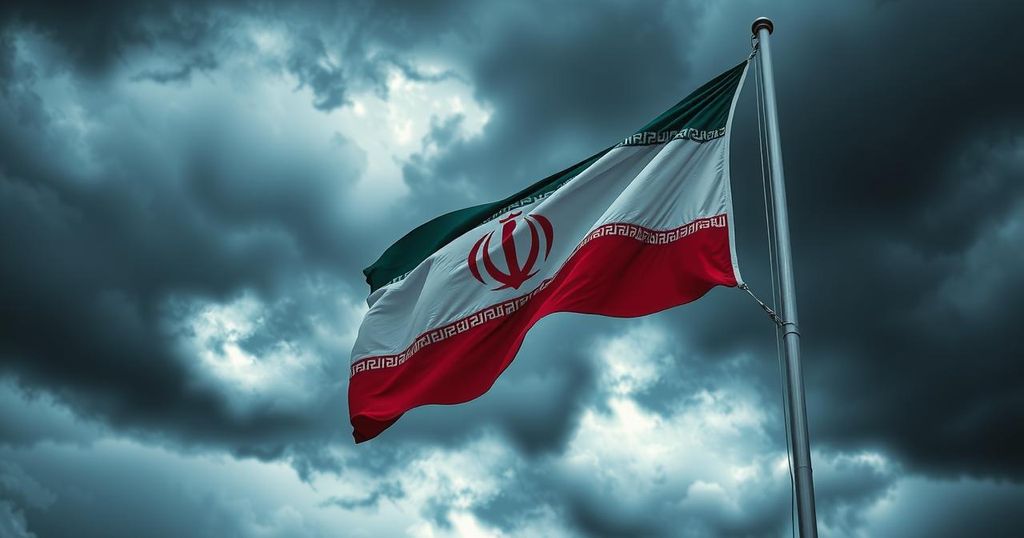Vietnam ranks as the second happiest country in Southeast Asia, according to the 2025 World Happiness Report. It rose from 54th to 46th globally. Finland remains the happiest nation for the eighth consecutive year, while the US falls to 24th. Key factors influencing happiness include health, wealth, and strong social connections, amidst alarming trends of social isolation among young people.
Vietnam has achieved a commendable ranking as the second happiest country in Southeast Asia, second only to Singapore, according to the 2025 World Happiness Report published recently. The report evaluates a total of 143 countries and territories. Vietnam has significantly improved its global standing, moving from 54th place in 2023 to 46th in 2025. This upward trend places Vietnam among the notable gainers in happiness within Asia, alongside countries such as China, Mongolia, and the Philippines.
For the eighth consecutive year, Finland has been recognized as the world’s happiest nation. The Nordic countries dominate this ranking, with Denmark, Iceland, and Sweden also featuring prominently in the top four spots. European nations have performed well overall, occupying a majority of positions in the top 20. Meanwhile, Israel, despite ongoing conflicts, has secured the eighth position, while Costa Rica and Mexico have achieved their best rankings, placing sixth and tenth, respectively.
Interestingly, the United States has suffered a decline, marking its lowest-ever ranking at 24th. The report underscores a troubling trend, highlighting a 53 percent rise in the number of Americans who dine alone over the last twenty years. At the bottom of the list, Afghanistan continues to rank as the least happy country, followed closely by Sierra Leone and Lebanon.
The rankings are based on self-reported life satisfaction, compiled by the Wellbeing Research Centre at the University of Oxford, in collaboration with Gallup, the UN Sustainable Development Solutions Network, and an independent editorial team. Jon Clifton, CEO of Gallup, emphasized the multifaceted nature of happiness, stating that it encompasses trust, social networks, and supportive communities, rather than merely financial prosperity.
Key factors influencing happiness have been identified as health, wealth, and social connections. Simple actions, such as sharing meals and maintaining trusted social support structures, significantly contribute to individual happiness. Trust in the kindness of others correlates strongly with life satisfaction, particularly among individuals who believe in the possibility of regaining a lost wallet.
However, the report has also brought to light a concerning statistic: in 2023, 19 percent of young individuals globally reported having no one to rely on for social support, a 39 percent increase since 2006.
In conclusion, Vietnam’s rise to the second happiest country in Southeast Asia reflects a broader trend of improving happiness levels in certain regions. The 2025 World Happiness Report highlights not only the importance of financial stability but also emphasizes the significance of trust, social connections, and community support. Nonetheless, increasing social isolation among young people globally presents a significant concern that warrants attention as we strive to enhance overall well-being.
Original Source: asianews.network




